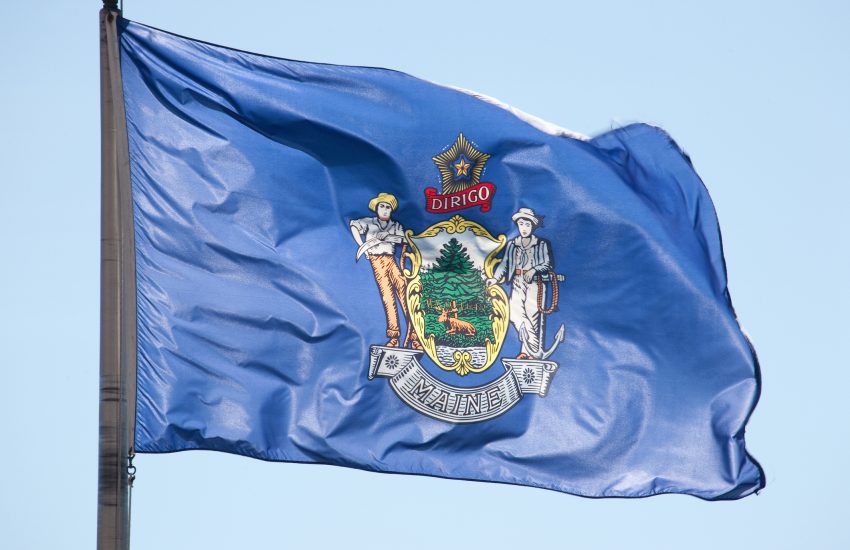Maine recently delayed the January 2024 implementation of a first-of-its-kind law requiring manufacturers to disclose PFAS in products sold in the state, effectively banning PFAS in most such products by 2030.
Manufacturers of products containing PFAS now have until January 2025 to report them. Meanwhile, Maine also created two reporting exemptions — one for businesses employing 25 or fewer people, and one when a sale involves a used product or component.
In response to the State Legislature’s action, the Maine Department of Environmental Protection (DEP) suspended rulemaking regarding how and what manufacturers must report about their use of PFAS in products sold in Maine. The process had not been proceeding smoothly prior to that; DEP had already approved 2,700 filing extensions as of January 1, 2023. And Maine’s PFAS rulemaking should have been completed by January 2023, but was not for a variety of reasons, including insufficient DEP staff devoted to the issue.
Part of the reason for Maine’s delay in implementing its PFAS rules involved concerns raised by the Bangor Region Chamber of Commerce, which noted that Maine’s law and draft rules for filing reports touched nearly every sector of the state’s economy. Chamber members expressed concern about their ability to comply with the requirements and how much it would cost to have their products tested for PFAS.
One major issue raised was that many federally regulated products and product components with intentionally added PFAS cannot simply be switched for products that do not. For example, the Federal Aviation Administration must approve every product and component that goes into an aircraft, and service and maintenance operations are limited to manufacturers’ manuals, which dictate what products the company uses and how. In such cases, Chamber members argued, Maine’s PFAS laws could potentially impact relationships with manufacturers and negatively affect Maine’s global supply chain if those manufacturers have no other choice than to stop doing business with Maine companies.
Maine’s difficulties with its PFAS law may foreshadow similar problems other states could have in implementing similar laws. Given the modern economy’s deep interconnectedness, it appears not to be so easy for states to wave their legislative wands and make PFAS disappear. Another lesson companies affected by PFAS laws can take away from Maine is that state rulemaking bodies will listen to concerns raised during the complaint process, especially if those complaints are founded in solid objections and/or significant economic consequences. If your company has concerns about a state’s PFAS rules, we recommend consulting an attorney in order to craft the best argument possible for the complaint process, or at the very least to explore possibilities of obtaining an exemption or filing extension.
Maine is not the only state with an upcoming PFAS reporting requirement. Earlier this year, Minnesota passed a law banning the sale of certain products with PFAS that will also begin on Jan. 1, 2025. And, on January 1, 2026, product manufacturers must provide the Minnesota Pollution Control Agency with a list of products containing intentionally added PFAS.
Minnesota’s full ban on products containing intentionally-added PFAS goes into effect on January 1, 2032. We will keep an eye on Minnesota’s law (and other states laws) to determine if they encounter any of the same difficulties that Maine’s law experienced.

